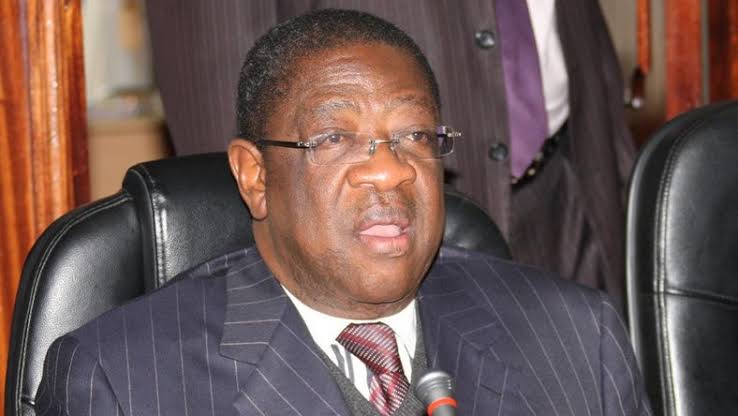×
The Standard e-Paper
Smart Minds Choose Us

The US government has banned former Attorney General Amos Wako, his wife and son from travelling to the country.
The ban by US President Donald Trump’s administration did not disclose specifics on the matter, only referencing to his involvement in significant corruption.